
Counter to Xi Jinping’s Gamble
Wed, 23 Jun 2021 | Reading Time: 9 minutes

Counter to Xi Jinping’s Gamble
Prof MD Nalapat
General Secretary Xi Jinping, the head of the Communist Party of China since 2012, is playing a game of poker with the leaders of the countries that the PRC believes are strategic rivals, principally the US, Japan, the UK and India. The reason why the US has to be brought into a defensive position on China vests in the fact that the country is still the world leader in the fields of technology, soft power, and the economy. In the military sphere, Washington has been tardy in understanding and adjusting to the new variants of war, that are the consequence of the overt weaponisation of China’s capabilities.
Xi has made this shift overt, even though it has been taking place since the early years of the 21st century. There are those who say that this was an error, and that the leader on which he most models himself, Mao Zedong, switched from bitter foe of the Atlantic Alliance into being its most effective partner against the USSR. What has been forgotten in the tumult of the Great Proletarian Cultural Revolution initiated by Mao, in 1966, and the ceaseless verbal and written vitriol that he heaped on the US in particular, is that Mao found a willing partner in President Richard Nixon, the architect of the Cold War 1.0 alliance between Beijing and Washington, against Moscow. Neither Nixon nor his successors, until Barack Obama towards the close of his second term of Presidential power, understood that the PRC was a much more potent adversary than the long-moribund Union of Soviet Socialist Republics, which collapsed during the period in office of CPSU General Secretary, Mikhail Gorbachev.
This realisation finally provided traction to the Pivot to the East initiated by Obama in the face of opposition from
the (still influential if no longer dominant) Atlanticist school of the US foreign policy establishment. Till then, Europeanists in the Obama administration (led by Hillary Clinton, who has always been a wannabe European) had ensured that the fixation on Moscow, as the top threat to global US interests, remained long after the collapse of the Soviet Union in 1992 had ended Cold War 1.0. They were encouraged in this by Berlin, Paris and London, who feared their loss of influence within the US, if Washington were to accept what had been evident to the Communist Party of China since the close of the 20th century, that a new Cold War, this time between the US and China, was an inevitability, and had begun preparing for it from that period onwards.
Of course, Chinese scholars and spokespersons deny to this day that a new Cold War is taking place, part of the arsenal of bluff that they have mastered in the global game of geopolitical poker between the major powers, and in particular, the two superpowers. During Cold War 1.0, they were the Soviet Union and the US. Now this exclusive list contains only the PRC and the US. India is a potential superpower, and has graduated since the close of the 1990s, to being a great power from a major power, in large part because of the reforms enacted by Narasimha Rao and continued under Vajpayee. However, India is yet to be anywhere near that final step. Mao was able to scrap, in the early 1970s, the matrix of global policy favoured by most of the CCP leaders of the time, which is the reason why he eliminated them through the Cultural Revolution from 1966.
As his new geopolitical strategy emerged almost unopposed, the Cultural Revolution was tapered off and ended by 1976. As for the economic transformation launched by Deng Xiaoping in the 1980s, this would not have been accepted by the Central Committee, much less the Standing Committee of the Chinese Communist Party, had not Mao destroyed the careers and, in many cases, took the lives of almost all of them in the years that the Cultural Revolution was ongoing. A survivor, Deng Xiaoping, who loved playing poker, finished off the remaining traditionalists in the Communist Party of China.
The genial face that Deng presented to Europe and the US, was part of the armoury of bluff used by the expert in poker, to convince them that China would never be a threat in the manner that they regarded the Soviet Union as being. He convinced them that all that the PRC sought was “respect” and “equality”, never hegemony or even primacy. Even Deng’s response to the 1989 pro-democracy protests in Beijing, failed to make them call the bluff, that the PRC was enroute to becoming a democracy. All that was needed, Chinese interlocuters claimed, was the prosperity essential to make such a system a reality for the Chinese people. In the rush to achieve this goal, Japan and the US in particular joined with Taiwan, in flooding the PRC with technology and investment.
Deng had removed Hu Yaobang from the General Secretaryship in 1987 because he was too accommodating of calls for democracy. General Secretary Zhao Ziyang was removed because of his soft stance towards the protestors active in the May-June 1989 tumult in Tiananmen. He found a replacement for Zhao in Jiang Zemin, who had proved that he was as much of a conservative as Deng, in retaining the monopoly of power over China, of the Communist Party, by whatever means necessary was concerned. In the way that Deng succeeded in doing during his global tours, Jiang posed as the affable pro-Western uncle, without in any way diluting his hardline stance within the PRC. Both Deng and Jiang succeeded in convincing the UK (and much of the rest of the world) that their commitment to ‘One Country Two Systems’ for the next fifty years was total.
In 1997, a handover took place at which actual authority was ceded by the UK, with nothing but a commitment in paper and in words, although that proved enough to convince even Margaret Thatcher, about the Chinese leadership’s sincerity. Given that Thatcher was among the many European leaders, who saw Moscow as the permanent threat to Atlanticist interests, the Deng-Jiang promise of democracy in Hong Kong worked superbly.
Once Hong Kong lost its importance to the economy of the PRC, as a consequence by the close of the first decade of the 21st century, of the development of Shenzhen, Shanghai and Guangzhou, the imperative of retaining until 2047, the quasi-democratic system that was the mode of governance in Hong Kong lessened sharply. This change in the ground situation was not apparent to several millions of Hong Kong residents, who believed in the sanctity of treaties, despite Beijing’s belief that only treaties that met their interests, needed to be respected. The waste paper basket was the receptacle of choice for the rest. If the PRC had not been gifted a permanent seat with veto power at the UNSC (including by errors in Indian diplomacy), its faith in the UNSC as the final court of appeal to humanity would be considerably less than it has been since India (which from the very start of the founding of the PRC pressed for Beijing to join the Permanent Five in the UNSC) succeeded in that mission, with the USSR unwilling to publicise the Beijing-Moscow schism in the communist world by blocking that change. Given that the PRC has veto power over such decisions, any chance of India being accommodated in that list is zero, at least with veto power.
Xi Jinping has been the subject of adverse comment even within China, for the transparent manner in which he has clear made the intent of the Communist Party, to replace the US with Beijing as the primary power in the international order. What may be looked askance could be the rapid manner in which the unveiling of this longstanding policy of the PRC was done once Xi became the CPC General Secretary in 2012.
During the term of Hu Jintao as well, the PRC was clearly embarked on a path, that was no longer focussed on even the G-2 trial balloon floated from Beijing since the time in office of President Clinton, but on being the sole superpower that the US thought had been achieved in 1992 with the fall of the Soviet Union. By the time Xi took charge, this was becoming difficult to conceal. By 2017, it had become impossible.
Most of those who hoped for the change in the Party’s attitude, that had been predicted for decades, became sceptics. The actions of the PRC made that clear in a manner that had no need for elaboration from the General Secretary, whose underlings nevertheless shed much of the reticence shown in the past of mentioning the final objective of global primacy. As a means perhaps of strengthening his emotional hold over the Chinese people, as well as the party he was the leader of, by 2019, Xi Jinping himself made little secret of the Communist Party’s intentions.
That there are still policymakers in the US, EU and even in India who believe that unequal concessions can succeed in buying goodwill and even postponing activity by the PRC that is designed to knock them out of the competitive sweepstakes reflects the triumph of hope over experience. The Indian Army was ordered to withdraw from the Kailash heights, because of the belief that the PLA would respond in a reciprocal manner in Gogra and Hot Springs. They did not and never will unless forced to do so. Prime Minister Narendra Modi, Defense Minister Rajnath Singh and External Affairs Minister S Jaishankar need to identify those in their entourage who were confident the PLA would. Those with such unreal expectations need to be kept far away from locations where they can fashion policy.
A few days ago, Armin Lascet, soon to succeed Angela Merkel as Chancellor of Germany, lisped about needing to win over the hearts and minds of the Communist Party of China’s leadership through a softer approach than that favoured by some of his colleagues. Good luck to him and to Germany.
That Nehru and Indira Gandhi chose the USSR, as the partner of choice rather than the US, may be explained by the reality of Washington having embraced Islamabad, in a manner that left no room for any alliance with India except through surrender to the dictates of GHQ Rawalpindi over Kashmir. The Iron Embrace between GHQ Rawalpindi and the Central Military Commission functioning under Xi Jinping has become so obvious, that those who argue that India anymore has a choice of walking away from the US to China (or to even remaining neutral between them) are living in an alternate reality that can be deadly, if translated into policy. This had been clear from 2013 onwards with the start of the CPEC, but remained unrecognized even to this columnist until well into 2017). The events of 2020 have been such a reality check, that those in India expecting a rapprochement with China in the Xi era, on terms other than surrender, are indulging in wishful thinking.
That SARS2 was created during 2019 in the Wuhan Institute of Virology has finally been acknowledged even by most apologists, who claimed that bats in a cave 1500 kilometres away were responsible. Research has begun to ascertain that the Alpha and Delta variants as well were brought into existence in facilities in the PRC similar to those at WIV. The SARS2 pandemic saw the defeat at the hustings of Donald J Trump, although his successor Joe Biden has not been as credulous as he seemed before taking office. The expectation is that the Delta variant and other weapons of irregular warfare (including economic and societal) by the GHQ Rawalpindi-PLA alliance will see the close of the Modi regime in 2024, if not sooner.
In this matter, while the PRC is working together with the Russian Federation in operations in the US, in India the partner is Pakistan and not Russia. The task given to Russia is to assist in ensuring that a US-India military alliance never takes place, something that the S-400 deal and others seems likely to accomplish. India has to be hollowed out from within, such that the indomitable armed forces and the people of India are not enabled to hold their own and even prevail against those intent on destroying the country’s future. The sooner the US, the EU, Japan, India, the UK, Indonesia, Vietnam, South Africa and the Philippines understand that Cold War 2.0 is not a myth, spun by the “military-industrial” complex but a fact of existence, the better. Unless they do, Xi Jinping will emerge the victor from the high-stakes poker game that he is conducting with Joe Biden, Narendra Modi and the other leaders of countries, in the direct line of fire of strategic planners in the Central Military Commission in Beijing.
The CMC works for a Chinese Communist Party General Secretary, who has placed the uniformed services at the spearhead of his internal and external policies. The hand that Xi is so transparently playing needs to be called out and soon, and the only way is to understand reality and unite to change that, in the manner that Churchill, Roosevelt (unlike their rivals and predecessors) and Stalin did from 1941 to 1945. The stakes in this game of poker could not be higher. They are the very future of the global order in the rest of this century. Will the Authoritarian states in alliance with the Wahabi International, and the proxies and partners of both, prevail over the democracies or not, is a question that will be answered within brief decades.
Disclaimer: The opinions expressed within this article are the personal opinions of the author. Chanakyaforum.com is not responsible for the accuracy, completeness, suitability, or validity of any information on this article. All information is provided on an as-is basis. The information, facts or opinions appearing in the article do not reflect the views of chanakyaforum.com and it does not assume any responsibility or liability for the same.
Author
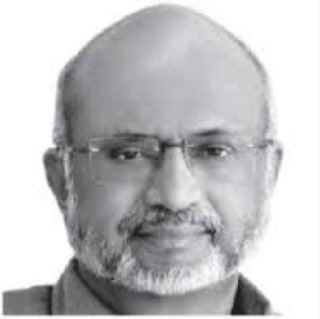
Prof MD Nalapat is the Vice-Chair, Manipal Advanced Research Group, Manipal University, He is a strategic expert and his latest book, “Foreign Policy for India in the 21st Century”, will be brought out by the close of the year.
Disclaimer
The opinions expressed in this article are the author’s own and do not reflect the views of Chanakya Forum. All information provided in this article including timeliness, completeness, accuracy, suitability or validity of information referenced therein, is the sole responsibility of the author. www.chanakyaforum.com does not assume any responsibility for the same.
Chanakya Forum is now on . Click here to join our channel (@ChanakyaForum) and stay updated with the latest headlines and articles.
Important
We work round the clock to bring you the finest articles and updates from around the world. There is a team that works tirelessly to ensure that you have a seamless reading experience. But all this costs money. Please support us so that we keep doing what we do best. Happy Reading
Support Us




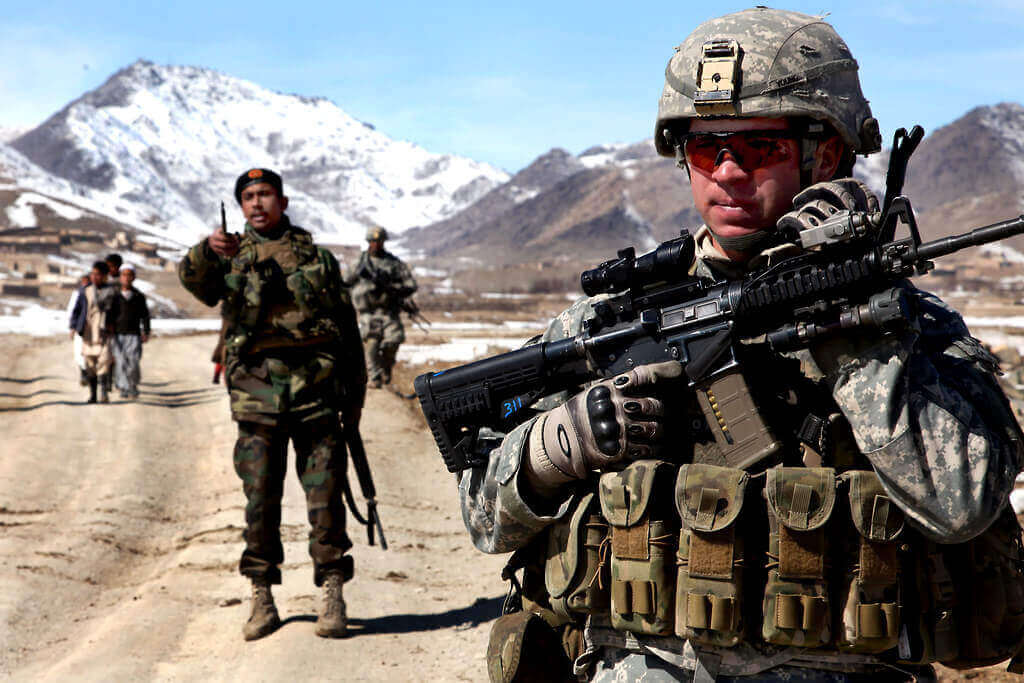
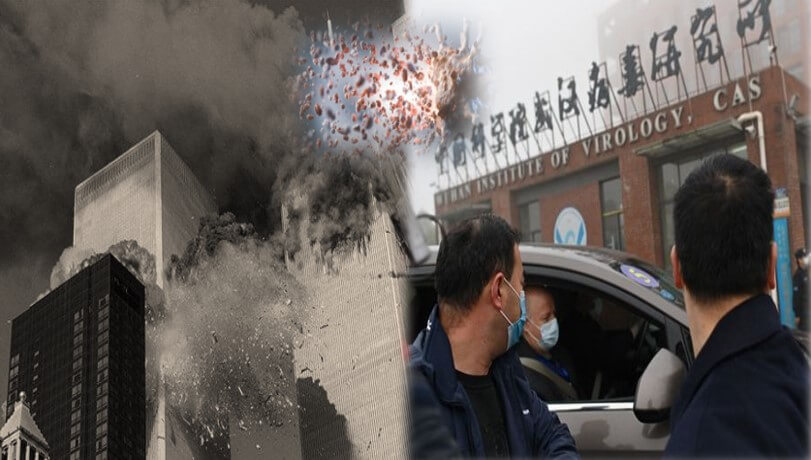
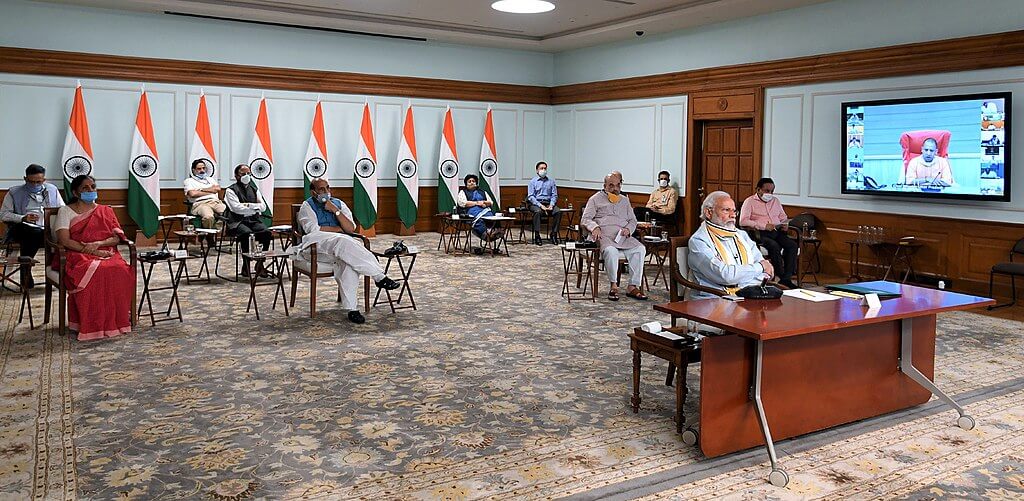
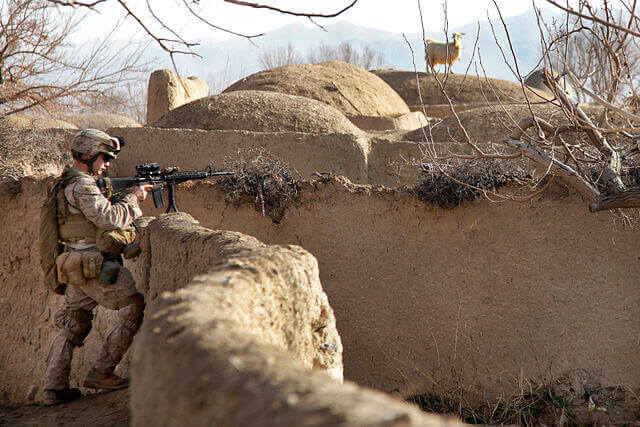
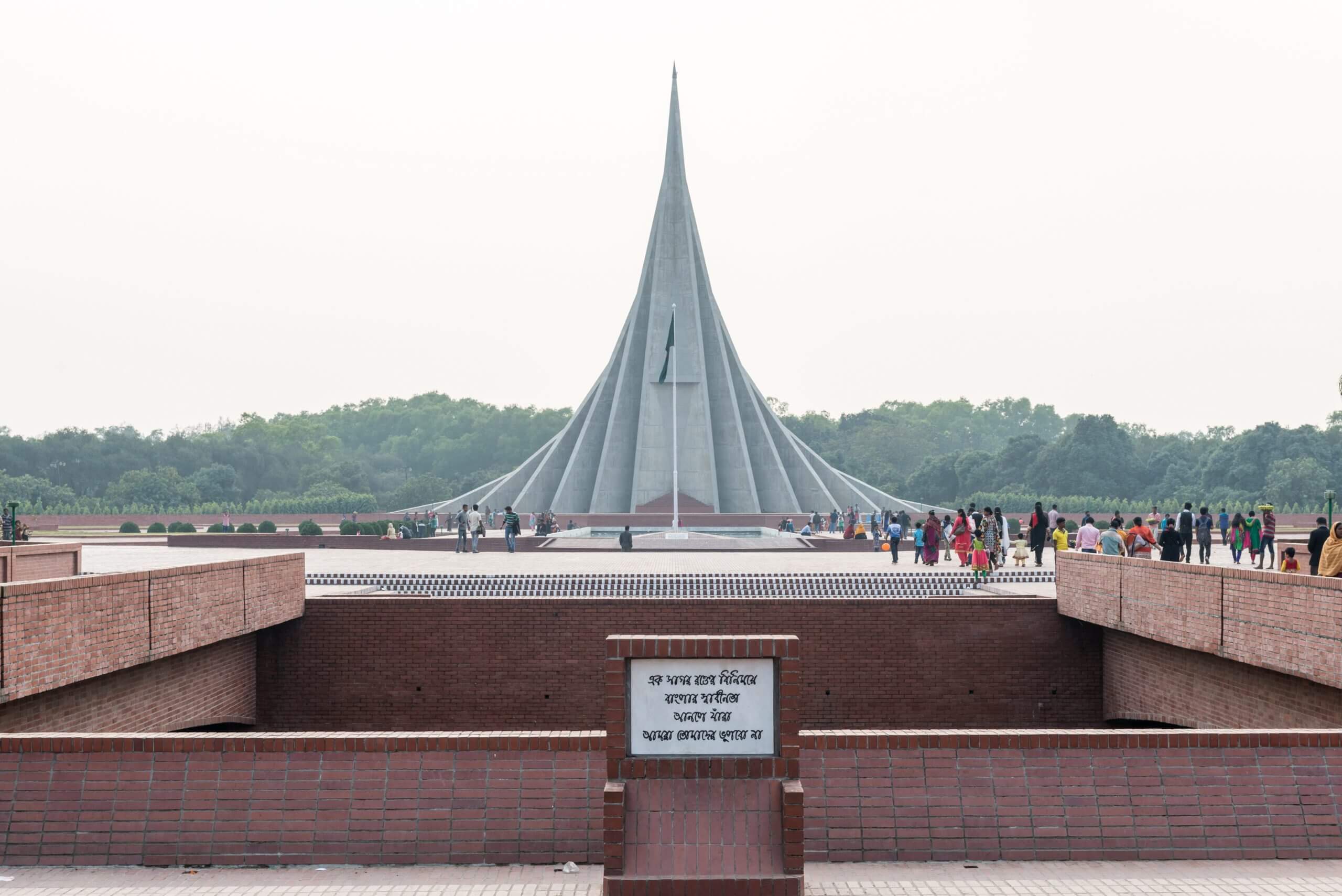
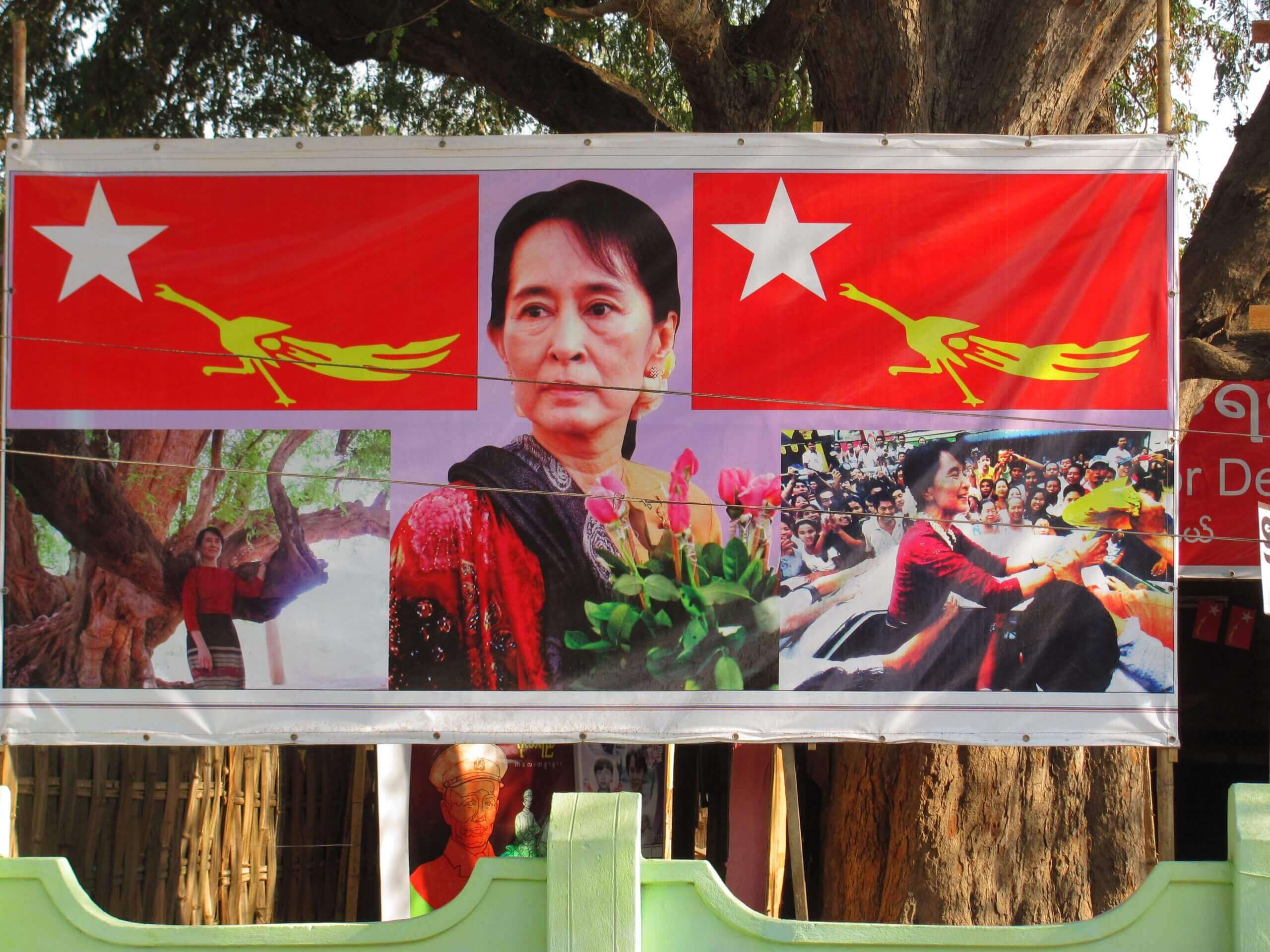






POST COMMENTS (3)
BHAVIL GOYAL
ASHOK IYER
Anand